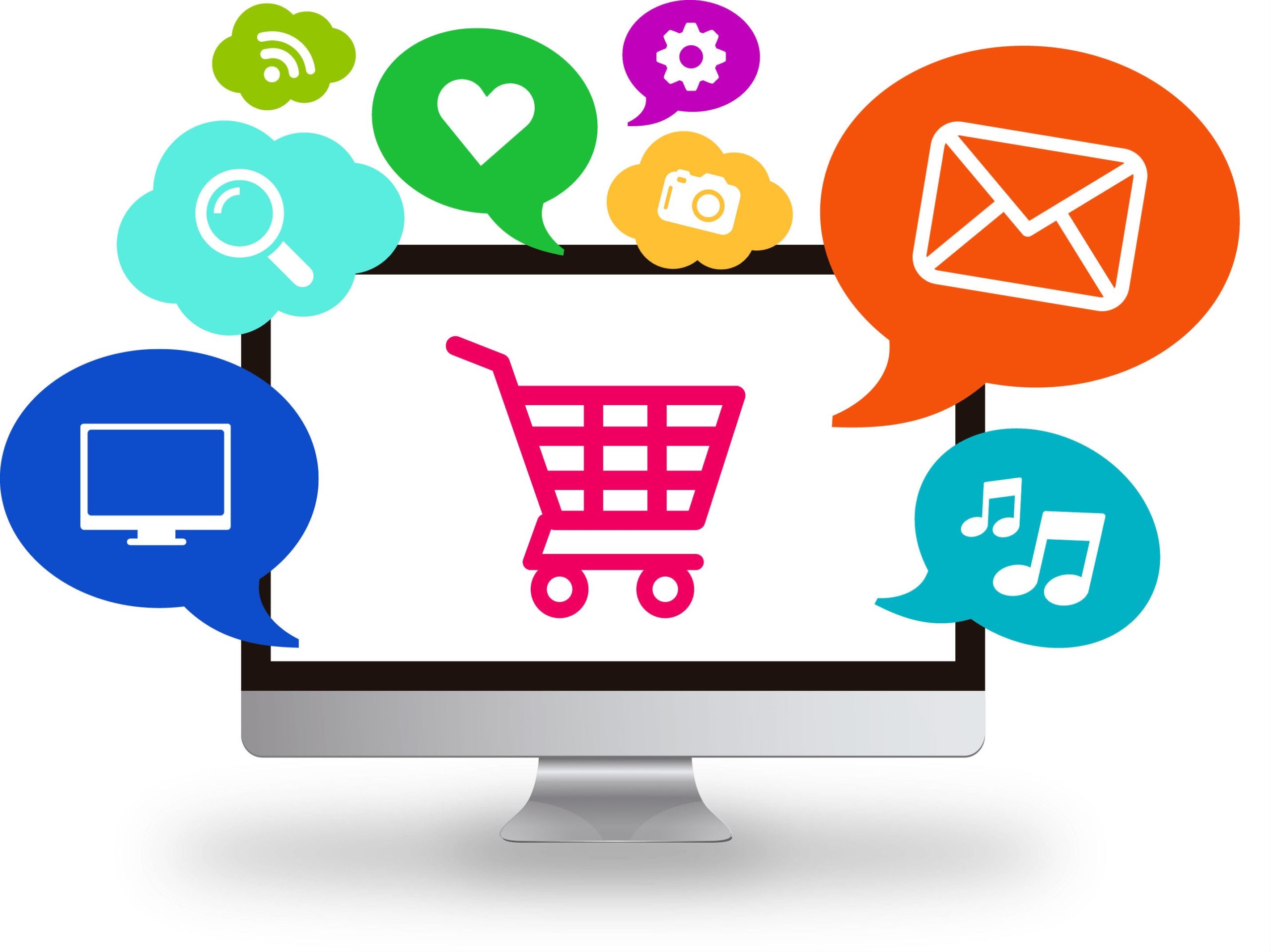The world is changing and changing faster than anyone would have even imagined. The Covid19 pandemic accelerated the change and forced every business (small & large) to go back to the drawing board and adjust their strategies and targets. Despite the impact of societal and economic, there were opportunities that presented themselves to those who were quick to adapt and were agile in their organization (flatter organizations did much better and the impact was to the upside in most cases).
One of the key opportunities that presented themselves to the small and large organizations is the need to have a solid digital strategy and, in this article, I am going to highlight the need for having an eCommerce portal to help drive your business. This is applicable to SMEs and enterprises.
The following are what I believe the top 10 reasons based on my personal opinion and experience:
1- Opening new markets.
Unless you want to be hyperlocal, your eCommerce portal is open to the world. You may be getting your next order from a customer a block away or miles away. This is the benefit of having an online store.
2- 24×7 operations
Once set up properly, the operation goes on autopilot. With many tools that monitor your business without having someone working the graveyard shift. In addition, tools such as chatbots (very advanced using ML and AI) can upsell your services and products on your behalf
3- Let platforms (Google, Facebook, Instagram…) help you with amplifications
All global platforms need your content. However, you need to make sure your content is competitive (quality and quantity). The better search engine optimized content you have, the better probability customers will land on your eCommerce website. Similarly, making sure you have optimal social media pages and influencer marketing campaigns will no doubt deliver on your expectations.
4- Convenience and you don’t need to be a “Geek” to set it up
Technology has evolved rapidly, and you are no longer required to have a technical degree or hire an expert to set up your own eCommerce shop. With multiple platforms such as Shopify, Woocomerce, Magento, and others competing for your business, you will be in safe hands. Of course, just like anything else in life, you need to do the due diligence and my advice is to work with experts at least to set up and launch the website. Note, today’s eCommerce platforms offer an end-to-end integration from the payment gateway to logistics (shipment & delivery).
5- Immediate feedback from your customers
Feedback helps you better position your products and services. Be it praise or complaints, this is a direct way to get the feedback you need to correct issues and grow the business. Always make sure you have a chatbot or a link to allow customers to communicate with your customer service team.
6- Lower operation cost
No more unnecessary cost for office and storage space. You can now control your inventory based on demand. There are many ways to save with eCommerce.
7- Higher conversion rate
I have to admit it. I am a spontaneous buyer. If I see something, I want to buy it now. Studies have shown that if people wait to buy an item, they may not buy it at all. So here you have it.
8- DATA & Feedback
Once your eCommerce website is live, you will start seeing data. Make sure you are analyzing the data and it is definitely worth having an expert to explain to you what the data is. It could the source of traffic (organic, social, direct,..), the time of the day that has the highest engagement, the type of items most viewed, etc. This data will help you in better positioning your eCommerce portal to attract a wider audience.
9- Word of Mouth. Let your customers do your marketing
People will share their opinions online and offline. This is the best marketing you can think of. It is free and it is honest. We all read the reviews before we make our purchase (Bye-Bye Purchase Funnel and hello Reviews and Ratings).
10- A/B Testing
Finally, (A/B testing means doing trials), with the data and feedback you are acquiring you are able to make changes. These changes would have risked the whole existence of your offline business if you even dared to try it. With online eCommerce, you can safely and quickly run a test on a segment of customers (you can specify city, day, time, demographics, etc.). This way you know what is working in your favor and what is not.
If you are starting up your business or still debating whether you should have your own eCommerce platform, I hope the above reasons will make it easier to spot the benefits.




